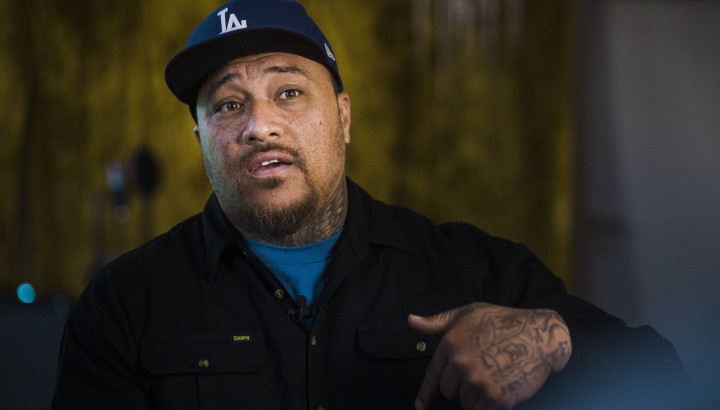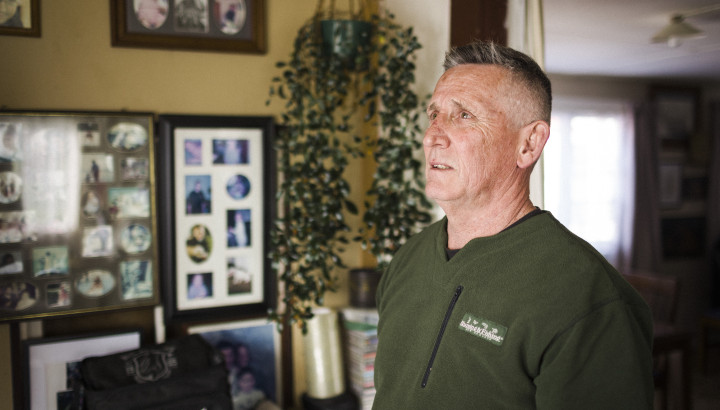The Change Journey
Remember, you’re not in this alone, there is support available to help you on your journey.
Staying on Track
When we take on big changes in our lives, we don't always get it 100% right the first time. Staying on track takes practice and learning from what has happened and having a plan for next time is what counts. That includes making sure to look after yourself too.



-
Changing old habits, attitudes and behaviours can feel like you’re swimming against the tide.
Just like learning new ways of doing things, staying on track takes practise too. The good news is the more this becomes your new normal the easier it gets.
We invite you to watch these short videos and consider what could be useful as you navigate the ups and downs in your own journey towards change.
{{ duration }}Appreciation and noticing
Play Video{{ duration }}A new operating system
Play VideoHere’s some tips to keep what you’ve learnt in mind and stay on track.
Have awarenessThings to doCommunicationSupport -
Understand how your brain works and you will be more aware of how you think and act. You can try new skills and habits when you’re in the right mind-set. You can change. You just have to work at it.
Your habits and the things you do make pathways in your brain. Habits make pathways that look like superhighways. Things you’ve just learned make pathways that look like narrow dirt tracks. To form a habit, you need to do that new activity many times. You’ll turn that dirt track into a superhighway. The new habit will become part of you.
Once created, those superhighways last for as long as your new habit remains.
We invite you to watch these videos explaining how our brain works and the importance of forming helpful habits for your family’s wellbeing.
{{ duration }}How our brain works
Play Video{{ duration }}Family wellbeing is a habit
Play Video -
Part of staying on track is about making sure you’re looking after yourself so that you’re in a good mindset to keep practising the new things you’ve learnt. When things get tough you can draw on your support system or new skills. Find some some ideas for how to look after yourself below.
Now you have some ideas for how to look after yourself, we invite you to watch this video on time in skills. Here you can consider what steps you could take to improve your relationship with yourself and others, and support family wellbeing.
{{ duration }}Time in skills
Play Video -
Looking for help for someone else?
Go to supporters pageNeed help not sure where to find it?
Use the Service Finder tool below to find the right support for you.